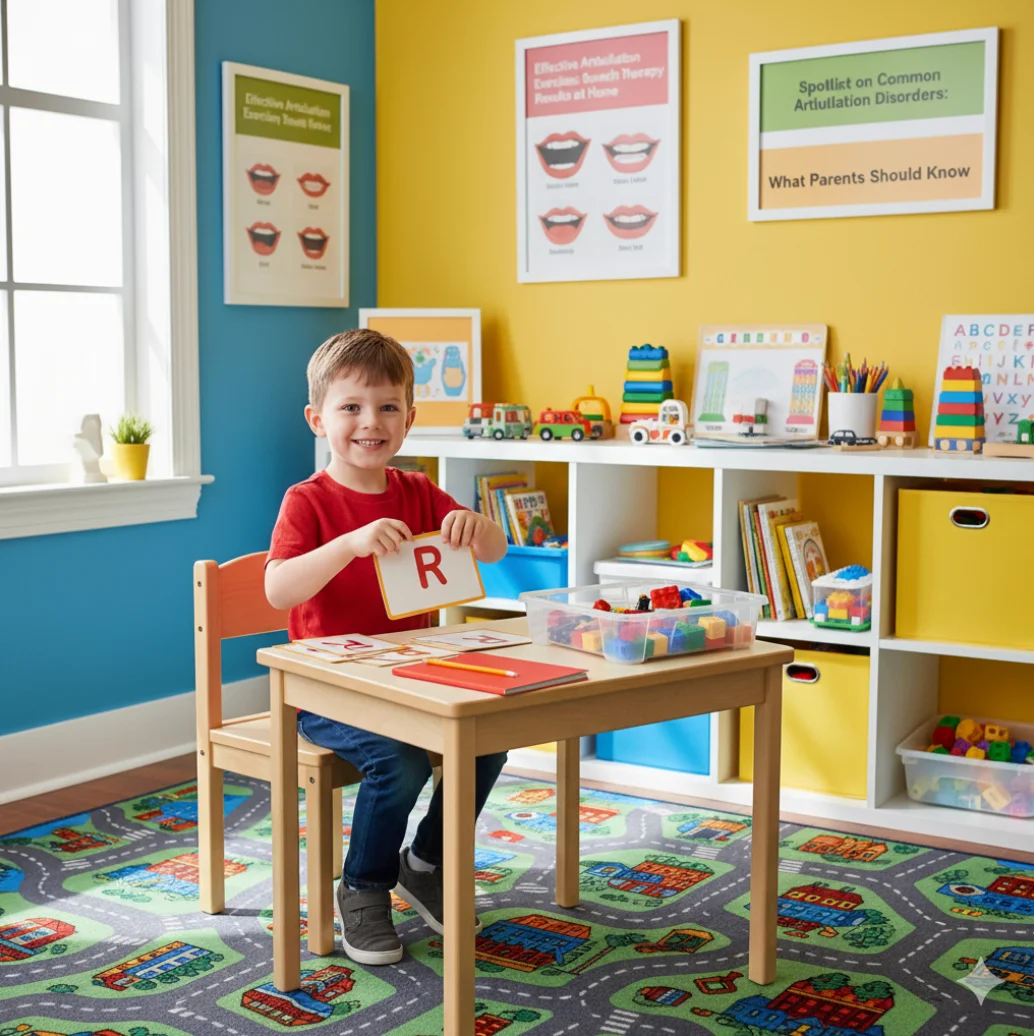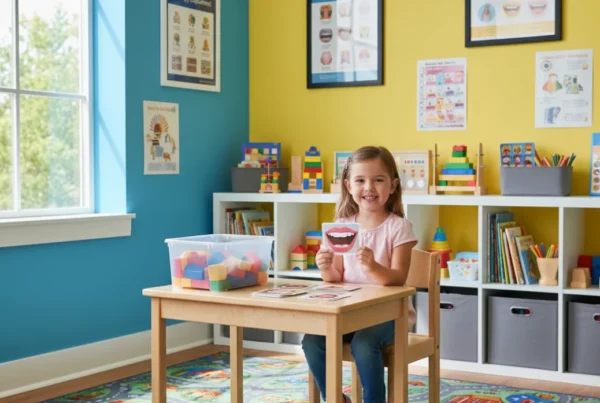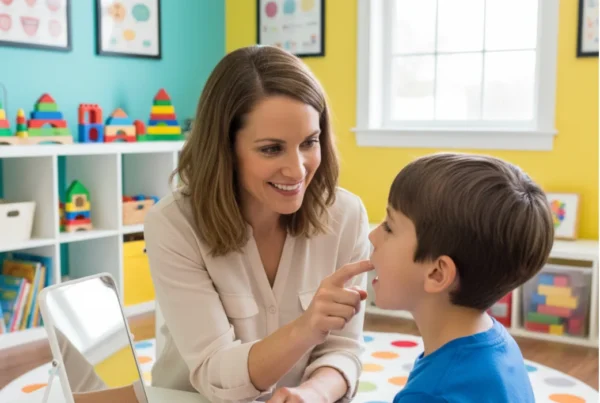When children practice speech sounds at home, their progress in therapy accelerates. Articulation exercises help strengthen the muscles used for speaking, improve sound accuracy, and build confidence. With consistent practice, families can make everyday moments part of speech development.
Jill Dews, M.A., CCC-SLP, founder of Let’s Talk Speech and Language Therapy in Mission Viejo, California, has dedicated her career to guiding families through effective home practice. With a Master’s degree in Communicative Disorders from California State University, Long Beach, and over two decades of clinical experience, Jill empowers parents with tools to support progress between sessions.
The Importance of Home Practice
Speech therapy is most effective when skills learned in sessions are reinforced at home. Practicing articulation exercises daily helps children develop strong habits, improve sound consistency, and carry their new skills into natural conversation.
Families in neighborhoods like Arroyo Vista, Evergreen Ridge, and Pacific Hills often notice faster improvement when home exercises become part of regular playtime. Even a few minutes a day can make a noticeable difference in speech clarity and confidence.
Types of Articulation Exercises
Different articulation exercises target specific areas of speech production, such as tongue placement, lip movement, and breath control. By focusing on these key areas, children can strengthen both the physical and mental coordination required for clear speech.
Common At-Home Speech Activities
- Sound repetition practice: Repeat words that include target sounds, such as “sun,” “sand,” and “sock” for the /s/ sound.
- Mirror work: Have your child watch themselves while practicing sounds to improve awareness of mouth movements.
- Reading aloud: Encourage your child to read simple books out loud, focusing on pronunciation and rhythm.
These activities help children apply what they learn in therapy, making each session more productive. Consistency and encouragement from parents are key to lasting improvement.

Creating a Speech-Friendly Home Routine
Building a home routine that supports therapy goals does not require special tools. Simple daily activities can be adapted to reinforce sound practice naturally. Mealtimes, storytime, and play are perfect opportunities for meaningful speech work.
Parents can make speech practice fun through creative games and praise. When children associate learning with positive experiences, their motivation and success increase.
Tips for Making Practice Engaging
- Set small goals: Focus on one sound or word group each day to avoid overwhelm.
- Use positive reinforcement: Celebrate effort and improvement rather than perfection.
- Incorporate play: Turn articulation into a game using toys or flashcards.
These simple habits make speech therapy feel enjoyable rather than like homework. Over time, children become more confident and eager to participate.
Comparing Home Practice and In-Clinic Therapy
| Factor | Home Practice | In-Clinic Therapy |
| Environment | Familiar and relaxed | Structured and guided by a therapist |
| Frequency | Daily short sessions | Weekly or biweekly sessions |
| Feedback | Provided by parents | Immediate professional guidance |
| Focus | Reinforcement and consistency | Skill building and technique training |
Combining professional therapy with home exercises gives children the best of both worlds. While therapists teach new techniques, daily reinforcement at home ensures continued progress.
Why Consistency Matters
Consistent practice allows the brain to form lasting speech patterns. When a child repeats accurate sounds often, they strengthen both the muscle memory and cognitive connections needed for fluent speech. This repetition helps ensure that correct pronunciation becomes second nature.
Families who integrate practice into daily life see smoother transitions between therapy sessions and real-world communication. Over time, this consistency leads to lasting improvement in clarity and confidence.
Taking the Next Step
At Let’s Talk Speech and Language Therapy, Jill Dews, M.A., CCC-SLP, and her team provide families with easy, fun, and effective articulation exercises to continue at home. Each plan is customized to your child’s needs, ensuring that progress continues between visits.
If your child is currently in speech therapy or you want to start home-based articulation practice, contact our office today. Together, we’ll build a strategy that strengthens your child’s communication skills and helps them reach their goals faster.
Let’s Talk Speech and Language Therapy
27285 Las Ramblas, Suite #210
Mission Viejo, California 92691
(949) 218-0508
Driving Directions
Jill Dews, M.A., CCC-SLP
CA License #: SP12461
Link to Verify License
Frequently Asked Questions
How often should my child practice articulation exercises at home?
Consistent practice between therapy sessions is key to faster progress and lasting results.
What people should be asking instead: What’s the best routine for home practice to maximize improvement?
- Daily practice sessions of 5–10 minutes are most effective for reinforcing new speech skills and keeping children engaged.
- Frequent, short repetitions are better than occasional long sessions—aim for 50–100 correct repetitions per sound each day, tailoring exercises to your child’s level.
- Integrating play, reading, and movement into practice keeps routines enjoyable and encourages steady progress.
Articulation Activities You Can Do At Home (CASRF, 2023)
Can I practice with my child even if I’m not a therapist?
Parents often wonder if they need special training to make a difference in their child’s speech improvement.
What people should be asking instead: How can families support effective speech practice at home between therapy sessions?
- Absolutely—parents play a vital role and are guided by speech-language pathologists to use easy, fun techniques at home.
- SLPs provide targeted exercises, model techniques, and offer tips for giving positive feedback and gentle correction.
- Parental involvement makes learning more meaningful, helps generalize skills to daily life, and accelerates progress.
Speech Practice Tips for Parents (CDC)
Do home exercises replace professional speech therapy?
Families want to know how therapy and home activities work together and whether professional oversight is always necessary.
What people should be asking instead: What are the limits of home practice and why is ongoing SLP involvement important?
- Home practice reinforces and extends skills, but it does not replace structured treatment from a certified speech-language pathologist (SLP).
- Professional sessions ensure accurate diagnosis, regular progress checks, adjustments to the plan, and access to specialized techniques.
- Consistent collaboration between parents and SLPs provides the best outcome, families support daily practice, and therapists guide the long-term path.
8 Speech and Language Skills to Practice With Your Preschooler at Home





